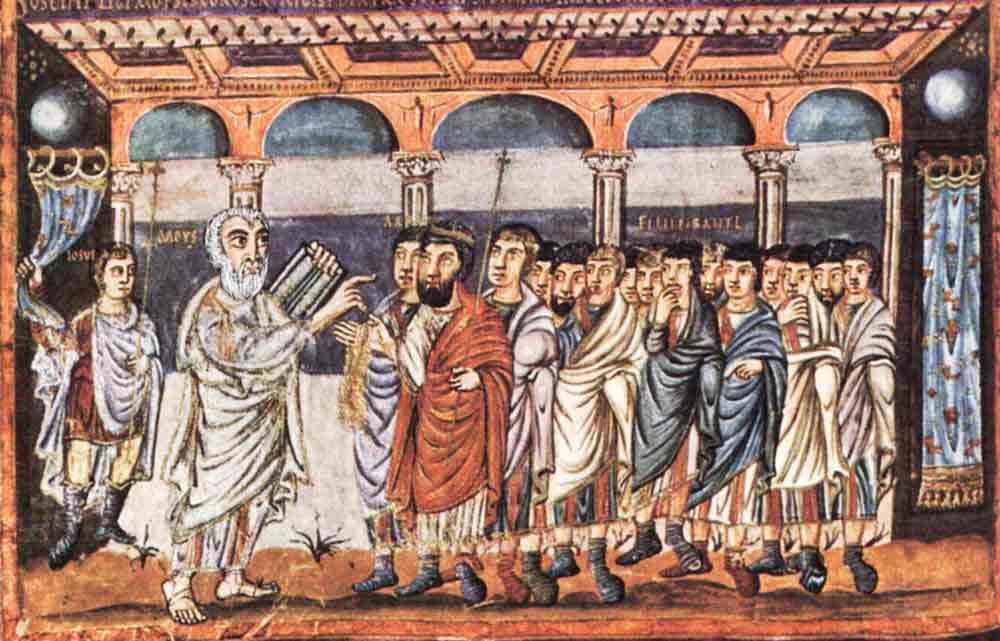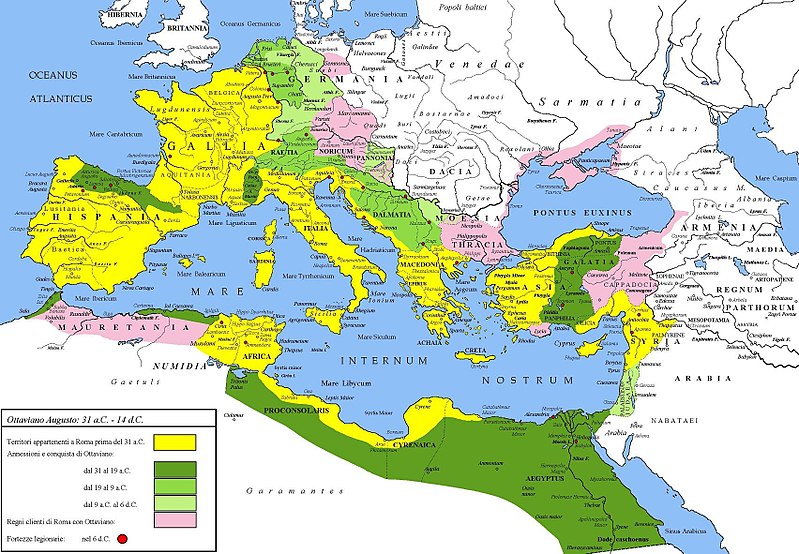Enraged, David Ben-Gurion stormed out of the 22nd World Zionist Congress halfway, went directly to his hotel and started to pack his luggage. He had lost his patience. Thoughts were racing in his mind–
Why should the Jews have to beg before the world even today to acquire their rightful ‘Promised Land’? Why do we still have the feeling that it is a third person who will decide our future? Despite centuries of disdain and oppression that the world meted out to us and despite the humiliation over the last few years at the hands of the European society in particular, why should the unjustified and futile exercise of talks appeal to us?
With Ben-Gurion having abruptly stormed out, many in the Congress guessed that something had irked him. Shimon Peres, who was present there, ran behind Ben-Gurion along with his colleague and somehow managing to pacify Ben-Gurion who was already packing his bags in a fit of fury, asked him what exactly the matter was.

‘I am leaving. I intend to build afresh, the Zionist movement. I have no confidence in the present movement any more. I see able leaders being sidelined and all that I see increasing is the number of opportunists and politicians who do not at all have the will to resolve the issue. The critical circumstances we are in today, call for vital decisions and these leaders just do not have the courage to take such decisions and sternly implement them either. But I am not going to give up. I will keep on trying. I will once again appeal to the global Jewish diaspora. I believe in the power of Jewish youth. Now if anything at all has to happen, it will be at the hands of the youth’.
In principle, Peres held much the same view as Ben-Gurion did. He assured Ben-Gurion of his backing but requested him to postpone just by a day, his decision to quit the existing Zionist movement. Peres suggested they table all the details at the Congress and call for a vote. Peres also assured Ben-Gurion that in the event that his proposal was rejected, Ben-Gurion would not be the only one to leave the Congress. Ben-Gurion agreed, and they returned to the venue of the Congress.
All present at the Congress had, by then, gauged that something unpleasant had transpired. They were worried. Ben-Gurion had decided to come clean and so he spoke his mind –“So far we have only been talking to various people but what purpose did it serve? You cannot be begging for your rights! You have to fight for them. That is the only way. Hence no more talks on the issue. Concrete action towards the establishment of a ‘Jewish homeland’ in Palestine’ is what we ask for.”
What then followed were speeches of leaders who stood for the ‘no more talks’ proposition as also of those who countered it with their insistence on the ‘talks to continue for the time being at least’ theory. Each camp accused the other of not being aware of reality and living in a dream world. Later, all the members were given time to think and discuss. The session that started at about 7 in the evening showed no signs of ending even though the night gave way to day.
Ben-Gurion was a leader acceptable to a majority of the members. The ‘Mapai’ faction, which was the largest faction and led by Ben-Gurion, held a meeting that was chaired by Golda Meir. The meeting, of course, expressed confidence in Ben-Gurion.
There were many in the Zionist movement who did not agree with the extreme thoughts of Ben-Gurion and even opposed him from time to time. However, the fact remained that they secretly respected his staunch nationalism and his iron will. Importantly, even his naysayers could not image the Zionist movement without him. They were yet to come across another with his dashing attitude and his earnestness about the establishment of the ‘Jewish homeland’.
As a result of all this, the number of those opposed to talks started increasing.

Thus, when Ben-Gurion’s proposal asking for action and not talks was voted upon, it cleared the test with the majority. Chaim Weizmann, who for about last thirty years represented the Jews at various talks, dialogues and probes of the inquiry commissions, and importantly the one who advocated for dialogue, was now in the minority. The reins of the movement officially were now in the hands of David Ben-Gurion. This was a very important milestone on the way towards the establishment of the Jewish homeland in the land of Palestine.
In the meantime, atrocities of the British government in Palestine were increasing. They would raid and search any place even with a mere suspicion of hidden weapons. In case, the weapons were found, the owner of the place would be flogged. Unable to bear all this, one fine day some members of Irgun caught hold of a British major and three sergeants and similarly flogged them. The situation worsened with this incident.
The year 1947 dawned but made not much difference to the prevailing circumstances except for the fact that the resistance of the Jews against the atrocities of the British had now increased and with every passing day, it was becoming difficult for the British forces deployed in Palestine to maintain a tab over the events.
During this time, the issue took a very different turn during a meeting of the British cabinet. The meeting was the first occasion which saw a mention of the energy resources of the Middle East. A confidential report that was discussed during the proceedings forecasted the vast energy deposits in the Middle East (Saudi Arabia, Bahrain, Kuwait, Iraq and other nations) to be the ‘game changers’ for the British Empire and which could improve the financial condition of Britain to a great extent.
Till that time, Iran (Persia) would suffice the energy needs of Britain for the most part. Taking advantage of the weak regime in Iran, Britain maintained control over its oil deposits. Many of the oil exploration rights in Iran also rested with Britain. However, after World War II, Britain was facing competition in the region in the form of the United States and the Soviet Union. Moreover, the winds of nationalism were strongly blowing in Iran and hence Britain was sensing it essential to find an alternative to the Iranian oil. And this confidential report that was being discussed was pointing out at this alternative being available in the Arab countries of the Middle East.

And exactly for this reason, Britain could not afford to lose the cooperation of the Arab states. The Arabs had already warned beforehand that Palestine was entirely a region, that they would strongly oppose any proposal for its partition and also that they would always be opposed to the Jewish immigration to Palestine. Citing these warnings, then British Secretary of State for Foreign Affairs, Ernest Bevin advised the cabinet to declare Palestine as an ‘Arab nation’ and award the Jews just a ‘minority status’ along with various facilities, if Britain intended to maintain cooperation with the Arabs of the Middle East.
….a major hurdle was thus created in the efforts towards the establishment of a Jewish homeland in Palestine (To be continued…)












